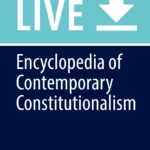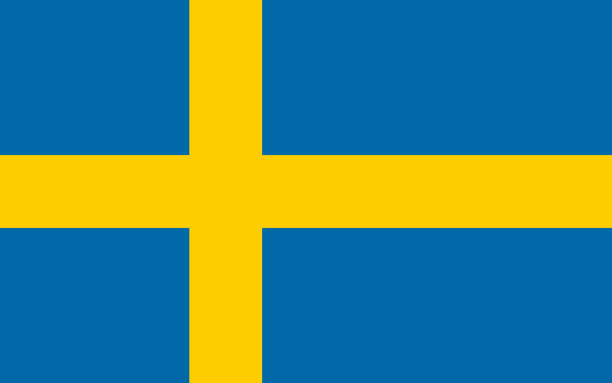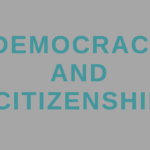The recent election in Sweden was noteworthy for a number of reasons, not least the impressive showing of the far-right Sweden Democrats. While they may not have become the largest party in parliament, their rise to power over the past 12 years has been nothing short of meteoric, from their early days as a neo-Nazi group to garnering over 20% of the vote in this year’s election.
What led to their success? According to some experts, the Sweden Democrats have capitalized on a recent spate of shootings and gang violence in the country, linking it with the idea that these problems are caused by foreigners. This message has been further amplified by senior party leaders who have openly blamed Islam for Sweden’s social and economic woes.
Despite their controversial and divisive platform, the Sweden Democrats’ popularity has only grown, thanks in part to their shift towards a more nuanced message. Instead of simply criticizing foreigners, they now argue that different cultures cannot coexist in the same country. This message has resonated with a significant portion of the electorate, particularly in the southern part of the country, where concerns about immigration and crime are highest.
The rise of the Sweden Democrats has caused some concern among experts, particularly with regards to how they will wield their newfound power. While they may not end up as a formal part of the right-wing coalition in parliament, they will certainly play a significant role in shaping policy behind the scenes. This is particularly worrying to some, who fear that their policies may infringe upon the neutrality of government institutions and civil servants.
The recent election also saw the resignation of Sweden’s first female prime minister, Magdalena Andersson. Despite being a popular figure among voters, her party failed to gain enough seats to form a government, leading to her resignation. This was not an isolated event, as the leader of the Centre Party, Annie Lööf, also resigned following the election. Her party, which is nominally center-right, was so averse to the idea of being in power with the Sweden Democrats that they were willing to join a left-wing bloc instead.
Overall, the recent election in Sweden has highlighted the growing power of far-right movements in Europe, as well as the concerns that many have about their impact on the political landscape. As the Sweden Democrats continue to rise in popularity, it remains to be seen how they will wield their newfound power and what impact they will have on Sweden’s political future.
Read more: euronews.com





